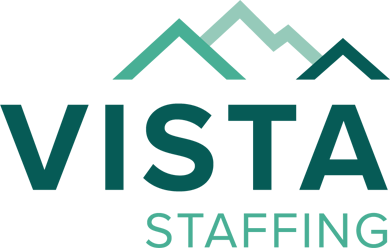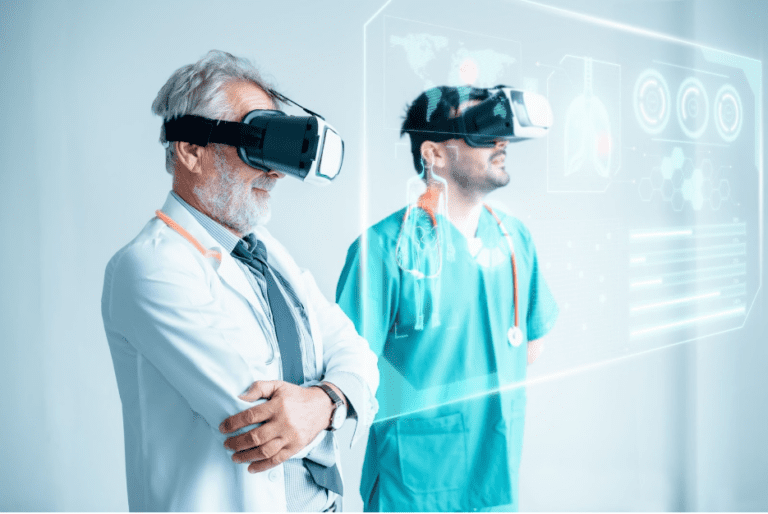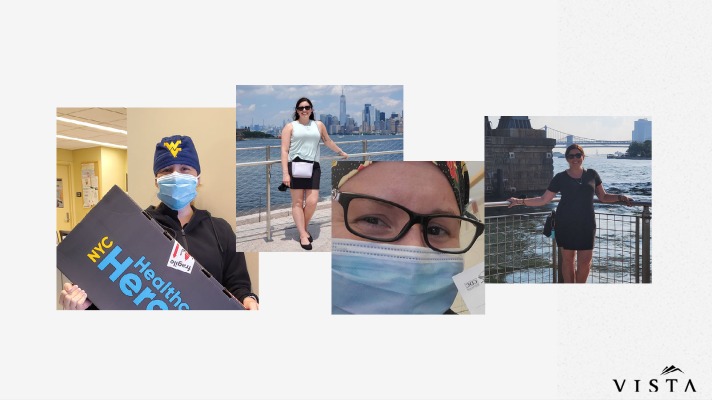Clinicians Coping with Historic Mortality and Burnout

As part of the global effort to combat COVID-19, clinicians are coping with historical mortality rates and extreme burnout levels. Long, intense work shifts compounded by the fear of contracting the virus or bringing it home to family members have left medical staffers exhausted. One year in, hospitals are still dealing with an illness that has no cure while now having to treat an influx of patients who had previously put off care because of the pandemic.
Before the pandemic onset, 1/3 to 1/2 of clinical professionals were already dealing with distress and burnout. Hazards of the job can affect performance and cause many to leave the field altogether. It can also lead to anxiety, depression, and sometimes even suicide. For these reasons, hospitals have been working to find ways to help clinicians cope and stave off burnout.
New Care Models and Revised Schedules
To combat the shortage of qualified hospitalists, innovation was necessary for providing quality patient care. New care models had to be put into place to aid staff members in coping with the additional stress.
New York’s Mount Sinai Hospital adopted a model where in-patient physicians supervised teams of non-hospitalist attendings, including a fellow or resident and a nurse practitioner or physician assistant, to help with workflow. With each supervising hospitalist overseeing a couple of teams, they cared for a large volume of COVID patients much more effectively.
By adopting a four-on/four-off work schedule, clinicians were able to work fewer shifts than they would have otherwise and get much-needed time off. Burnout was still there, but the changes helped to prevent it from getting worse. These alterations helped staff get through the most challenging times of the pandemic.
Mental Health Resources
Hospitals tapped into their mental health resources to help prevent burnout. Mount Sinai launched its Center for Stress, Resilience, and Personal Growth that anyone on staff could access. Hotline numbers were widely publicized so that clinicians could receive mental health counseling or attend group sessions as needed. Divisional town hall meetings were held every two weeks, and a buddy system was implemented. This multi-disciplinary approach helped build resilience while addressing the psychosocial effects of COVID-19 on healthcare workers.
The Healing Power of Music
Clinicians can turn to music for its power to heal. Healthcare providers have long used sound and music in patients’ daily treatment, and researchers have learned that they can ease various health problems that plague today’s healthcare system.
Some of the benefits of music therapy include:
- Aids Heart Health–Music has the ability to lower blood pressure.
- Improves Mood–Music and sound therapy are currently used in hospital settings to combat mood disorder cases.
- Alleviates Stress–In clinical settings, music is proven to reduce stress.
- Eases Anxiety–Music reduces anxiety levels in patients and clinicians alike.
- Helps with Depression–In some cases, music therapy is favored over other forms of treatment for depression.
- Music therapy helps brain function and can improve the mental health of healthcare clinicians.
Techniques for Managing Stress
The stress of dealing with sick and dying patients from COVID-19 has hit the healthcare industry particularly hard. Healthcare providers who are highly engaged in their work can overlook the fact that they also require a modicum of care. If the system is to survive, clinicians coping with burnout need real solutions for managing stress.
Techniques in self-care include eating whole foods in balanced portions, remembering to take breaks, getting enough exercise, and taking the time to practice mindfulness. Talking to a counselor or trusted advisor about being overwhelmed at work and losing so many patients is beneficial during a time that seems nearly hopeless.
Employee Assistance Programs
Employee assistance programs provide a work-life balance. During the pandemic, some clinicians were homeschooling their children, and those healthcare systems that offered strong EAPs and childcare benefits saw fewer cases of burnout. Many hospitals utilized the military’s Battle Buddy system to keep clinicians connected. This gave providers at least one person to talk to and someone to keep an eye on their actions should it all become just too much to handle. Programs like RISE (Resilience in Stressful Events) help clinicians decompress and stay connected.
Benefits of Working Locum Tenens
If you are a healthcare professional with a desire to help where you are needed, working locum tenens may be an excellent next step for you. When you work locum tenens, you can create your own hours, travel, meet new people, and bring relief to stressed-out clinicians and understaffed medical facilities. Locum tenens jobs have changed the daily operations of overburdened hospitals by providing qualified employees like you to cover shortage gaps and fill in for clinicians trying to cope with burnout. Your services bring relief where and when it is most needed.
To work locum tenens and improve the quality of life for yourself and others, contact VISTA. We offer telehealth solutions to meet client demands while limiting patient-to-patient and provider exposure. We also provide staffing in rural areas and places where the population is underserved with qualified care. Whether you are retired, just starting out, ready for a change, or simply wanting to go where you can do the most good, we offer generous compensation, paid professional liability insurance, paid travel, housing and local transportation, assistance with licensure, credentialing and securing privileges. VISTA has over 30 years of experience connecting clinicians with opportunities in over 60 specialties. Visit our job board to get started on your next adventure.









